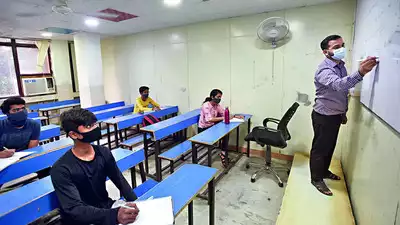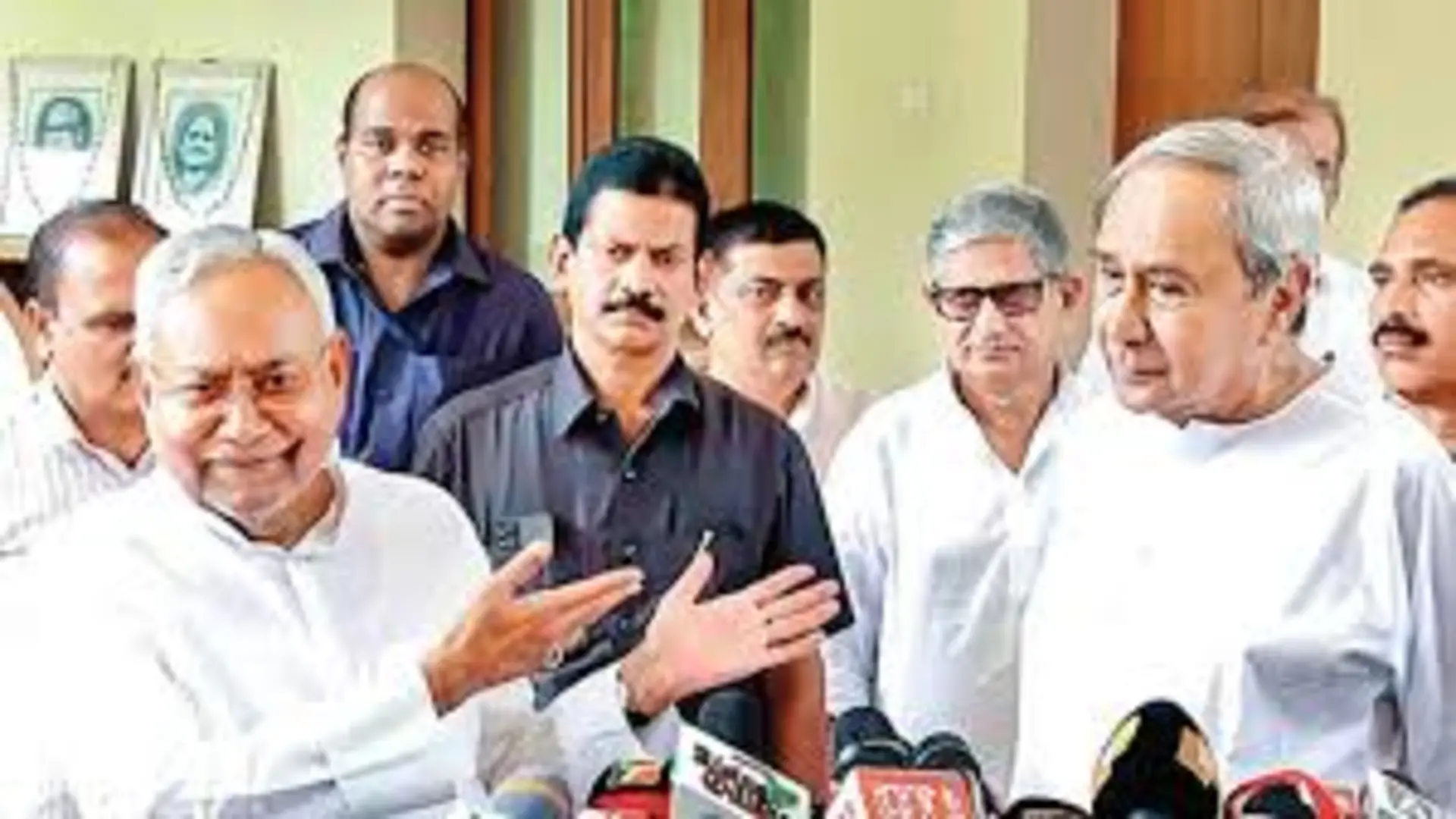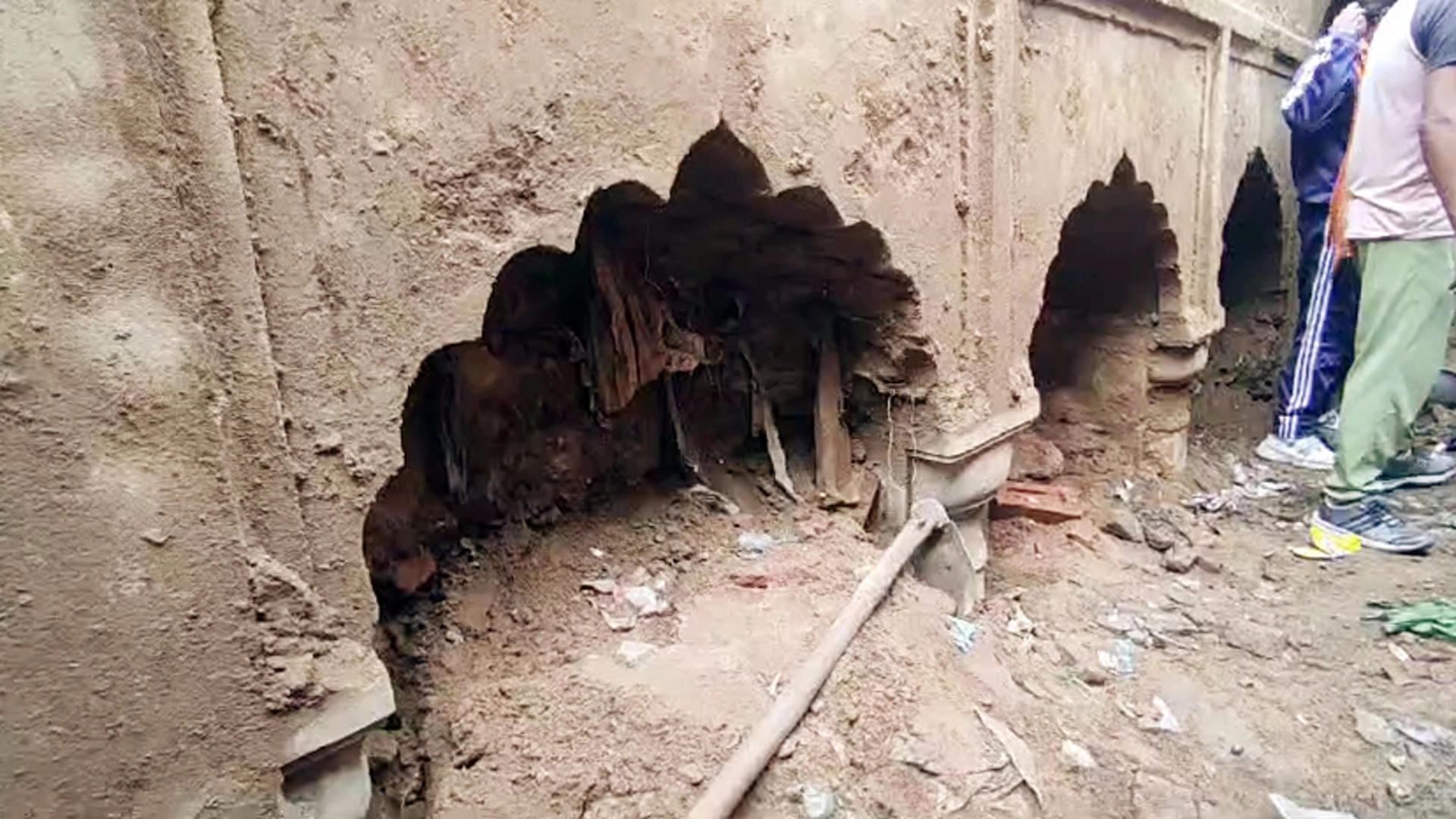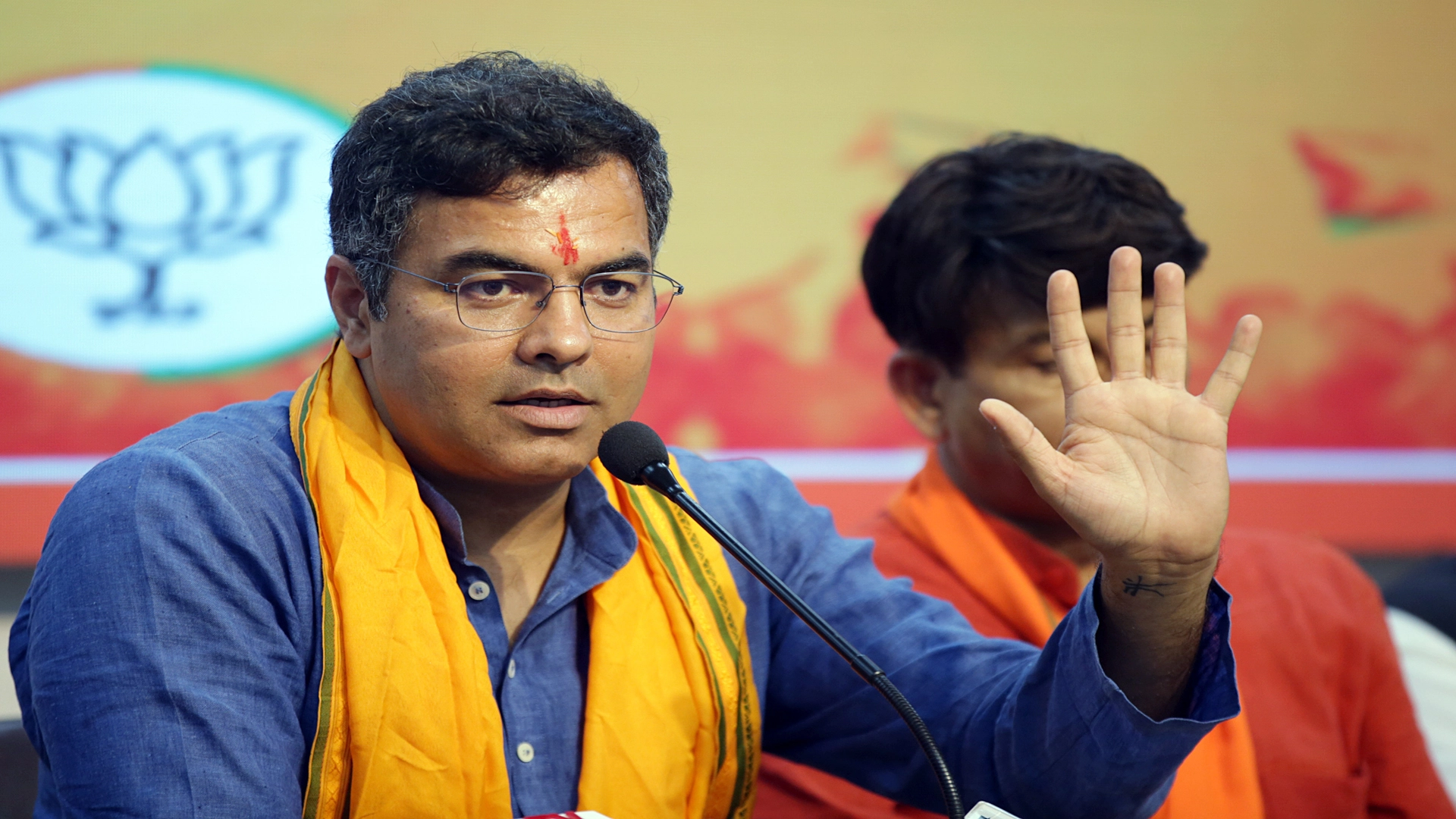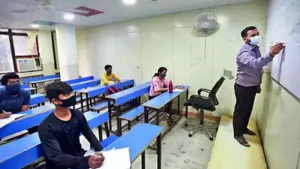The Indian government has issued new guidelines for coaching centers, prohibiting admission of students under 16 years of age.
These guidelines aim to address arbitrary practices and reduce cases of student suicide. The coaching centers violating these regulations may face a penalty of Rs.1 lakh.
These guidelines are receiving positive responses from both parents and students.
Priti, an MBBS student who went to Sikar in Rajasthan to take coaching for the NEET exam, told TDG that there is a lot of pressure on students who go to coaching institutions to prepare for medical or engineering exams, as many of my coaching mates were already there after completing their matriculation. This creates unnecessary pressure on other students who come after completing 12th class, as those who came after matriculation have already studied the syllabus, which makes other students fearful, and some even go into depression.
The government has also emphasized the potential harm this coaching can have on children under 16, citing mental pressure and the risk of suicide. The move is a response to the increasing cases of suicide among students, particularly in cities like Kota, where academic pressure has been identified as a contributing factor.
Various student organizations are also praising this step undertaken by the government. ABVP has demanded strict implementation of these guidelines, keeping in mind that current issues surrounding mental health, lack of basic facilities, unregulated fee structures, and various other concerns related to coaching centers have led to negative developments in the education sector. ABVP said it demands central, state, and UT governments and administrations address and resolve these issues in a timely and appropriate manner.
Speaking on this, Yagywalkya Shukla, the ABVP National General Secretary, expressed a warm welcome and highlighted the significance of the Ministry of Education’s guidelines in regulating coaching institutions. He emphasized the critical importance of addressing the widespread issue of unregulated coaching centers, which has raised concerns among students, parents, and society as a whole.
However, Kamal Jaiwani from the Allen Institute highlights the potential challenges associated with a delayed start in academic pursuits, particularly in the context of students preparing for international Olympiads.
He underscores the importance of allowing students to make decisions about their education, asserting that the choice to study or not should be the child’s rather than being influenced by parents or faculty.
Jaiwani emphasizes the role of both parents and educators in facilitating rather than pressuring students, aligning with the idea that children should be empowered to determine their educational path.
Drawing parallels to sports, he suggests that practices for various games commence early for optimal performance, proposing a similar approach for academic and competitive endeavors to achieve success.

